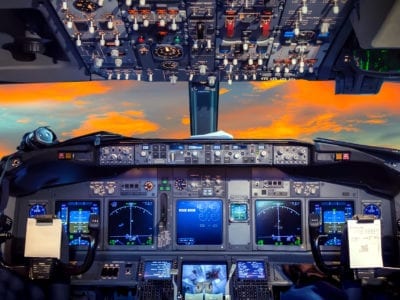Brian J Graber LLC is an aviation whistleblower lawyer representing aviation employees in Illinois, Indiana, and Michigan who are retaliated against in violation of aviation whistleblower laws, such as AIR21. The Wendell H. Ford Aviation Investment Reform Act for 21st Century (AIR21), 49 U.S.C. §42121, is an aviation whistleblower law that protects aviation industry employees from retaliation for reporting violations of federal aviation safety regulations and for filing, testifying, or assisting in a proceeding related to a violation of federal aviation safety laws, regulations, or standards.
AIR21 protects airline employees from any discrimination or retaliation by air carriers, contractors, or subcontractors for engaging in certain protected activities defined by the statute. 29 C.F.R. §1979.101 defines an “air carrier” as a citizen of the United States undertaking by any means, directly or indirectly, to provide air transportation. OSHA defines “citizen of the United States” under AIR21 as a “person” under 29 C.F.R. §1979.101 as one or more individuals, partnerships, associations, corporations, business trusts, legal representatives, or any group of persons. Coverage under AIR21 requires an air carrier to be a citizen of the United States and provide air transportation, directly or indirectly such as (1) transportation of passengers, property, or of mail by aircraft for compensation between a place in the United States and a place outside the United States; (2) transportation of passengers, property, or mail by aircraft interstate; or transporting mail by aircraft. Air21, 49 U.S.C. §42121(e) and 29 C.F.R. §1979.101 define “contractor” as a company that performs safety-sensitive functions by contract for an air carrier. AIR21’s Whistleblower Protections may apply extraterritorially. An employee of a covered air carrier based in the U.S. has AIR21 Whistleblower protections for protected activity occurring during an international flight.
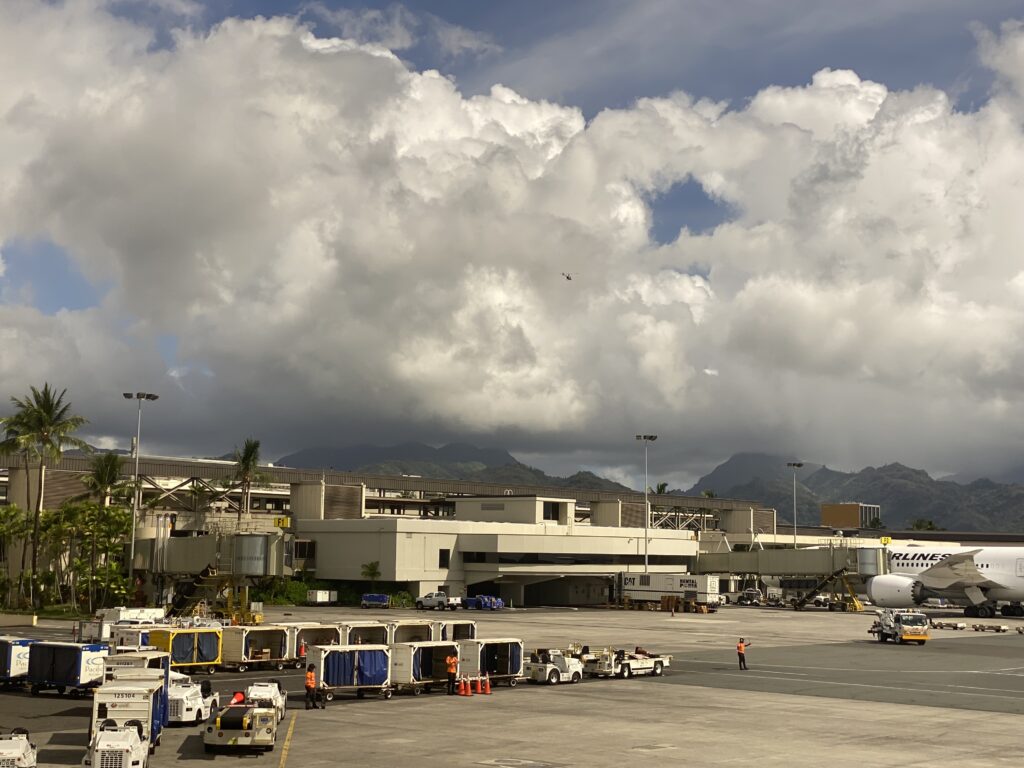
PROTECTED ACTIVITY UNDER AIR21
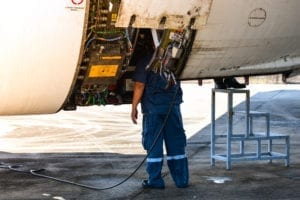
AIR21 only protects aviation employees who engage in certain types of protected activities identified in the statute from discrimination. AIR21, 49 U.S.C. §42121(a) makes it unlawful for an air carrier or contractor or subcontractor of an air carrier to discharge an employee or otherwise discriminate against an employee with respect to compensation, terms, conditions, or privileges of employment because the employee or any person acting pursuant to a request of the employee:
- Provided, caused to be provided, or is about to provide (with any knowledge of the employer) or cause to be provided to the employer information relating to any violation or alleged violation of any order, regulation, or standard of the Federal Aviation Administration or any other provision of Federal law relating to air carrier safety under 49 U.S.C. §40101, et seq., or any other law of the United States.
- Provided, caused to be provided, or is about to provide (with any knowledge of the employer) or cause to be provided to the Federal Government information relating to any violation or alleged violation of any order, regulation, or standard of the Federal Aviation Administration or any other provision of Federal law retaliating to air carrier safety under 49 U.S.C. §40101, et seq., or any other law of the United States.
- Has filed, caused to be filed, or is about to file (with any knowledge of the employer) or cause to be filed a proceeding relating to any violation or alleged violation of any order, regulation, or standard of the Federal Administration or any other provision of Federal law relating to air carrier safety under 49 U.S.C. §40101, et seq., or any other law of the United States;
- Testified or is about to testify in such a proceeding; or
- Assisted or participated or is about to assist or participate in such a proceeding.
Common protected activities usually take the form of the following:
- Internal safety reports or complaints to management;
- Safety complaints to an FAA Flight Standards District Office or an FAA inspector;
- Complaints to the FAA Safety Hotline;
- Complaints to the TSA Hotline.
The information the employee provides to his or her employer or the federal government must be specific enough to raise an aviation safety issue that the employer or the federal government would have to investigate. In short, the employee’s report or complaint must clearly raise an aviation safety issue. The employee’s report or complaint need not specifically identify the law or regulation believed to have been violated. The employee making the report or complaint must have a subjective good-faith belief that the conduct at issue violated the law and that a reasonable person with similar training, knowledge, and experience under the same circumstances would believe that a violation occurred.
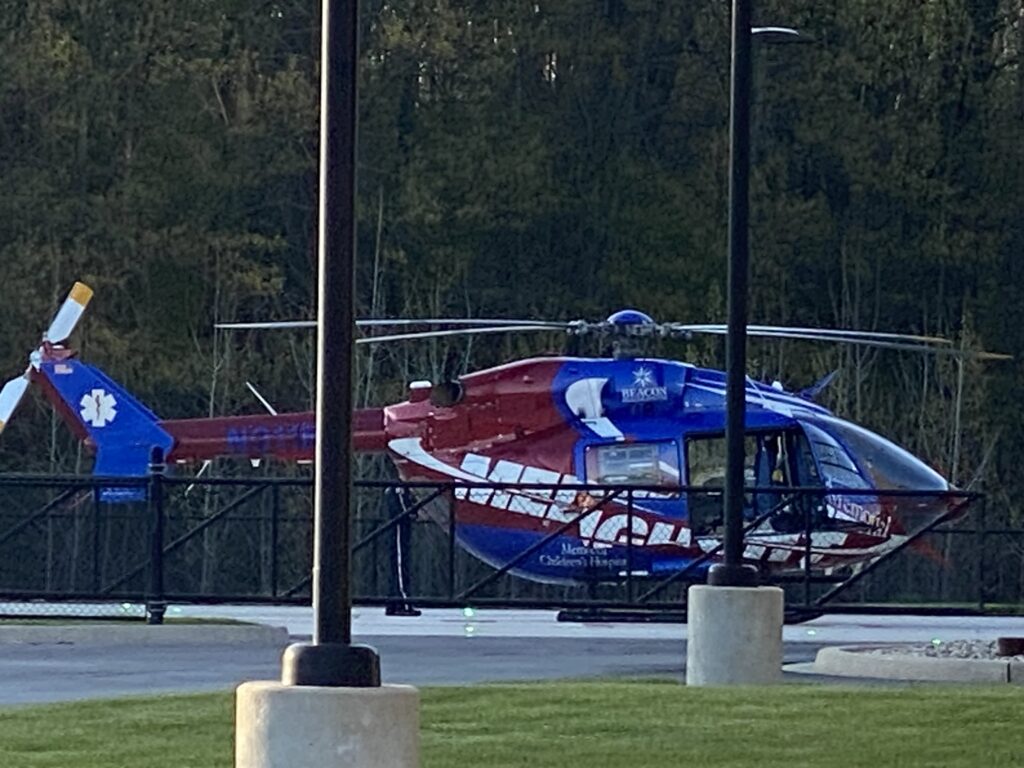
Air safety concerns giving rise to AIR 21 protected activity include the following:
- Falsification of records;
- Violations of flight and rest requirements;
- Inadequate required training;
- Improper manufacturing procedures;
- failure to comply with crew member medical qualification requirements;
- Security breaches;
- Defects in aircraft parts production;
- Improper repairs;
- Inadequate maintenance practices;
- Instructions not to write up discrepancies; and
- improper fueling practices.
The AIR21’s Whistleblower Protections only apply if the employee engaged in protected activity as defined by 49 U.S.C. §42121(a) and proves that the protected activity was a “contributing factor” in the discriminatory or retaliatory employment action.
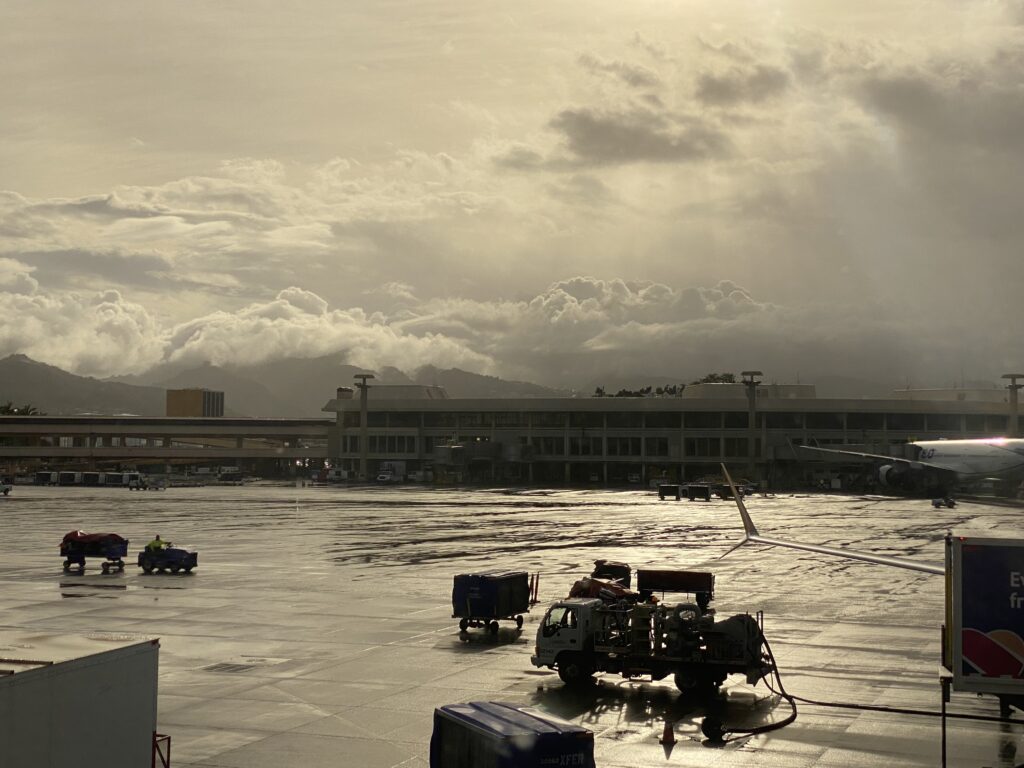
AIR21 BURDEN OF PROOF
29 C.F.R. §1979.104(b)(1)(i)-(iv) requires an employee claiming he or she suffered retaliation in violation of the AIR21’s Whistleblower Protections to prove the following elements:
- That the employee engaged in one or more AIR21-protected activities as defined above in 49 U.S.C. §42121(a);
- That the person named in the Whistleblower Complaint knew or suspected, actually or constructively, that the employee engaged in the AIR21-protected activity;
- That the employee suffered “retaliation,” an unfavorable personnel action; and
- The AIR-21 protected activity was a contributing factor in the employer’s decision to take the unfavorable personnel action (i.e., retaliatory action) against the employee.
OSHA is likely to find that retaliation occurred if there is evidence that the AIR-21-protected activity alleged in the Whistleblower Complaint was a “contributing factor” in the employer’s decision to take adverse action (retaliate) against the employee. A “contributing factor” is a factor that, alone or with other factors, in any way affects the outcome of the decision. Each case under AIR21’s Whistleblower Protections is different and requires detailed legal analysis by an experienced employment attorney. Several factors alleged by the employer under 29 C.F.R. §1979.104(b)(2) may require further legal analysis and could affect the ultimate outcome of any potential litigation.
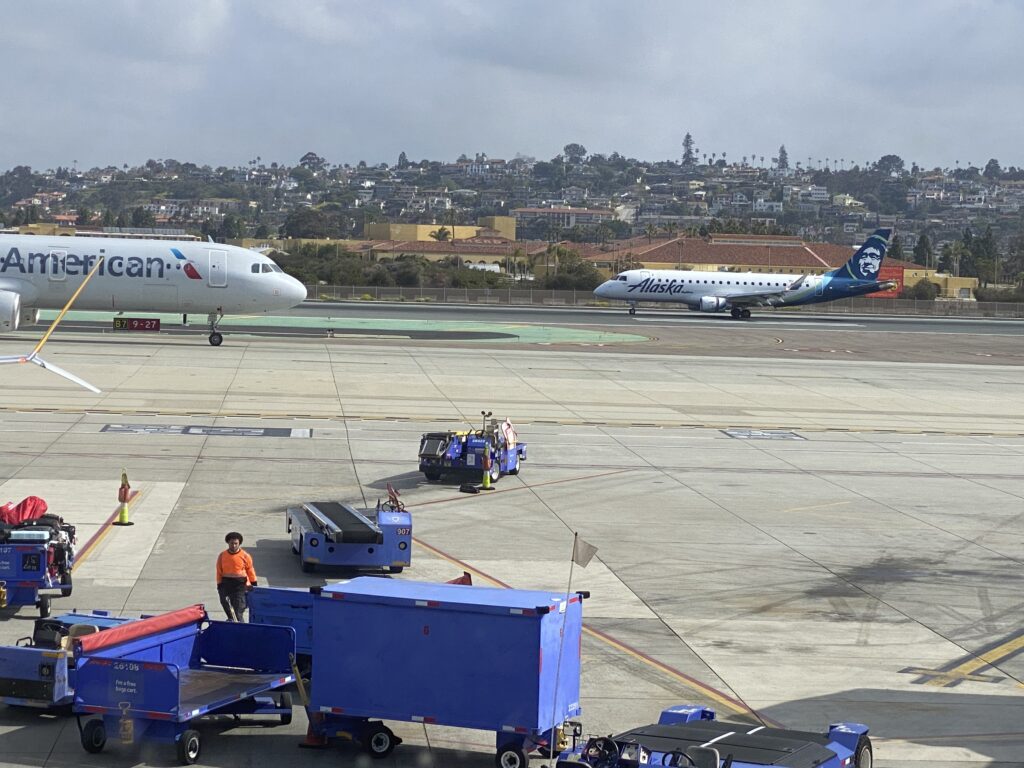
FAA Hotline for Reporting Aviation Safety Issues
The FAA maintains a hotline for reporting violations of Federal Aviation Regulations and aviation safety issues. You can submit an FAA Hotline Web Form at https://www.faa.gov/aircraft/safety/report/
Reporting violations of Federal Aviation Regulations to the FAA likely gets you coverage under other aviation whistleblower laws, such as Illinois common law retaliatory discharge and/or the Illinois Whistleblower Act.
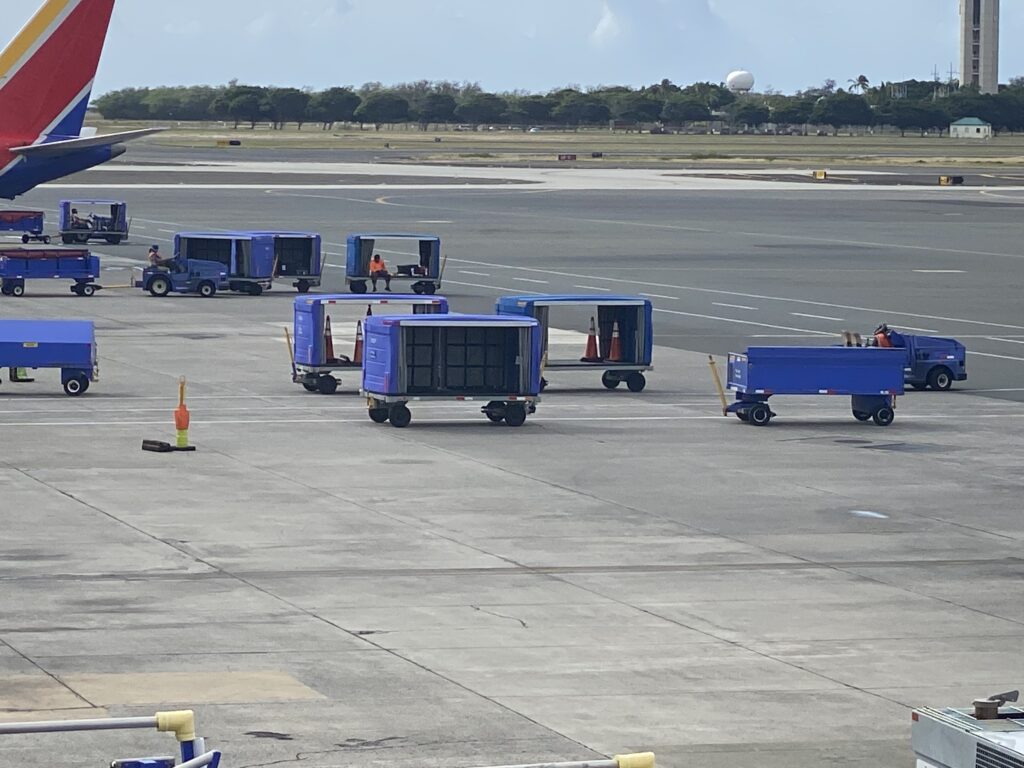
AIR21 STATUTE OF LIMITATIONS
AIR21, 49 U.S.C. §42121(b)(1), requires an aggrieved airline employee to file a Whistleblower Complaint with the U.S. Department of Labor/OSHA against the responsible person(s) not later than 90 days after the date on which the violation occurs. Failure to timely file a Whistleblower Complaint with the U.S. Department of Labor/OSHA forever bars any recovery under the AIR21’s Whistleblower Protection provisions. Brian J Graber LLC, an aviation whistleblower lawyer, prepares and files Whistleblower Complaints with OSHA for our clients who have retained our legal services. You should timely consult an experienced attorney because there are many considerations that go into properly preparing and timely filing a Whistleblower Complaint with OSHA. Contact Brian J Graber LLC, an aviation whistleblower lawyer at (312) 291-4648, (219)232-9011, or (269) 230-6054 for a free consultation.
Unlike other Federal Whistleblower Protection laws, there is no “kick-out” provision in Air21 that allows an employee to file a lawsuit against the responsible parties after the expiration of 210 days. All claims under AIR21 proceed administratively and are usually decided by an administrative law judge without a right to a jury trial.
If you are an Illinois employee who missed AIR21’s 90-day statute of limitations, it is still worthwhile to consult with Brian J Graber LLC, an aviation whistleblower lawyer, because other aviation whistleblower laws may apply. You may have claims under an Illinois common law retaliatory discharge claim or under the Illinois Whistleblower Act, which has longer statutes of limitations. Neither the Supreme Court nor the 7th Circuit Court of Appeals has addressed whether federal law preempts Illinois employment law claims. However, several district courts in the 7th Circuit have refused to hold federal law preempts Illinois common law retaliatory discharge and Illinois Whistleblower Act claims.
Aviation whistleblower laws, such as Illinois common law retaliatory discharge and the Illinois Whistleblower Act, allow claims to be brought directly in court rather than through the U.S. Department of Labor/OSHA.
Contact Brian J Graber LLC, an aviation whistleblower lawyer in Illinois: (312) 291-4648 or Indiana: (219) 232-9011 or Michigan: (269) 230-6054 if you would like a free consultation on your rights under aviation whistleblower laws and AIR21.
